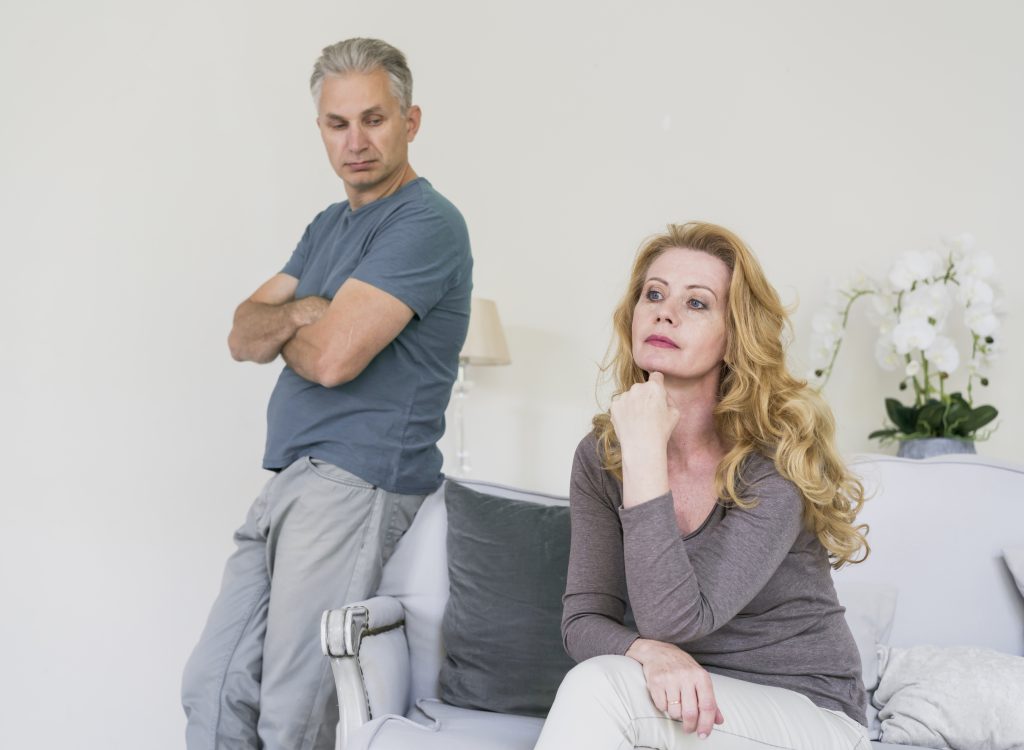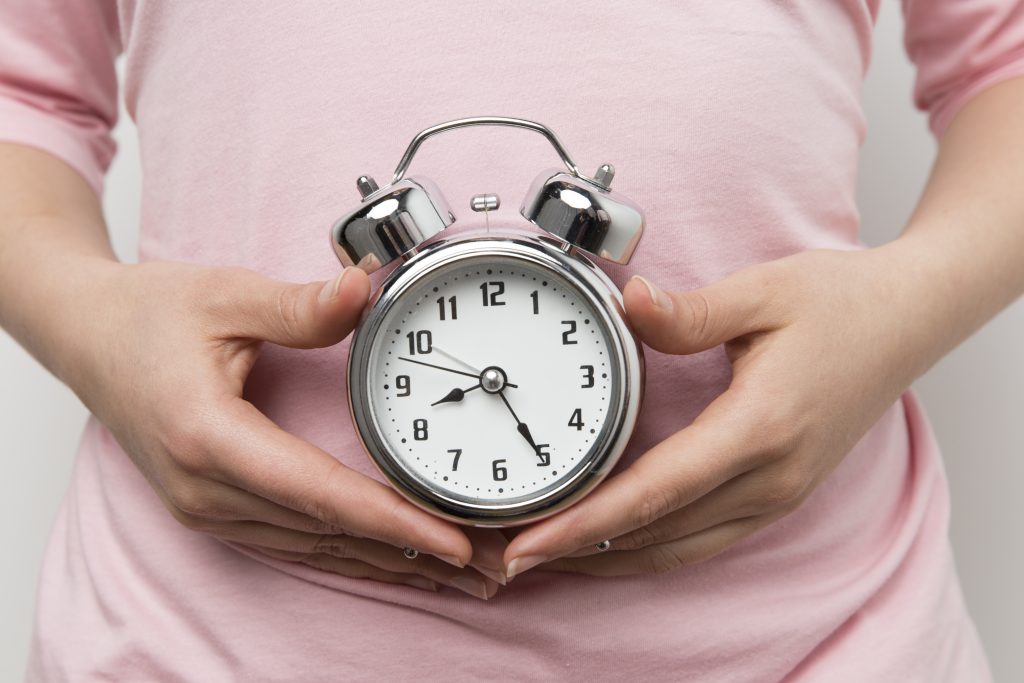What’s the Best Age to Freeze Your Eggs?
Synopsis:
In recent years, advancements in medical technology have provided women with the option to preserve their fertility through a process known as egg freezing. This revolutionary procedure allows women to pause their biological clocks and extend their reproductive timeline. But what is the best age to freeze your eggs? In this article, we will explore the impact of age on fertility, reasons to consider egg freezing, and the optimal timing for this empowering choice.
How Your Age Impacts Your Fertility:

Image: freepik.com
Age is a critical factor that significantly affects a woman’s fertility. While fertility varies from person to person, it’s generally acknowledged that women experience a decline in fertility as they age. This decline is attributed to a reduction in the quantity and quality of eggs in the ovaries. As women approach their late 20s and early 30s, their fertility begins to decrease. By the age of 35, the decline becomes more pronounced, and after 40, fertility drops even more dramatically. This underscores the importance of understanding the relationship between age and fertility when considering egg freezing.
Why You Might Consider Freezing Your Eggs:

Image: freepik.com
Career and Personal Goals – Many women prioritize their education and career before starting a family. Egg freezing offers the flexibility to pursue these goals without compromising future family plans.
Medical Conditions – Certain medical conditions, such as cancer, endometriosis and autoimmune diseases, can necessitate treatments that may harm fertility. Egg freezing before undergoing such treatments can preserve the possibility of having biological children later.
Lack of Suitable Partner – Some women may not have found the right partner yet or may not be in a position to start a family due to relationship circumstances. Egg freezing provides a sense of control over their reproductive options.
Family History – A family history of early menopause or fertility issues might prompt a woman to consider egg freezing as a precautionary measure.
Delaying Parenthood – Egg freezing allows women to delay parenthood until they feel emotionally, financially, and mentally ready to embark on that journey.
The Best Time to Freeze Your Eggs:

Image: freepik.com
While there’s no universally applicable “best” age for egg freezing, several considerations can guide your decision:
Early to Mid-30s – Many experts recommend considering egg freezing in your early to mid-30s. At this stage, egg quality is generally better than in later years, increasing the likelihood of success when using frozen eggs for pregnancy.
Before 35 – Freezing your eggs before the age of 35 can be advantageous, as egg quality starts to decline more noticeably after this point.
Age-Related Risks – By freezing eggs before 38, you reduce the risks associated with pregnancy at an older age, such as chromosomal abnormalities and pregnancy complications.
Individual Factors – Your personal health history, family history, and reproductive health can also influence the ideal timing for egg freezing. Consulting a fertility specialist can provide personalized guidance.
The Bottom Line:
Egg freezing presents a remarkable opportunity for women to take charge of their reproductive futures. Understanding the impact of age on fertility is crucial when deciding to freeze eggs. Whether it’s for career aspirations, medical considerations, or personal choices, egg freezing offers a way to extend fertility options. While there’s no one-size-fits-all answer to the best age for egg freezing, starting the process in your early to mid-30s is generally recommended. Remember, the key to making an informed decision is consulting with fertility experts who can provide tailored advice based on your individual circumstances.
